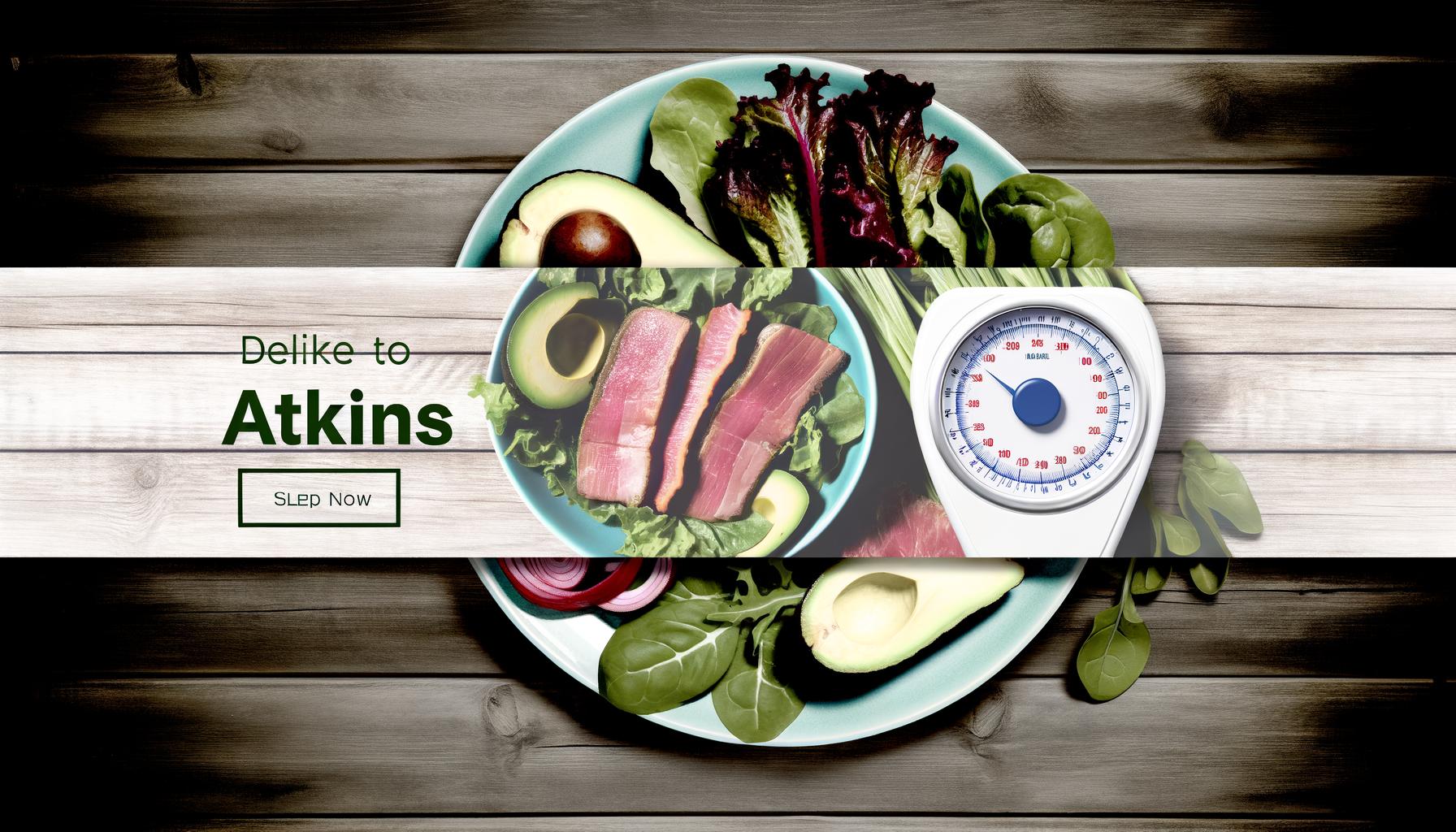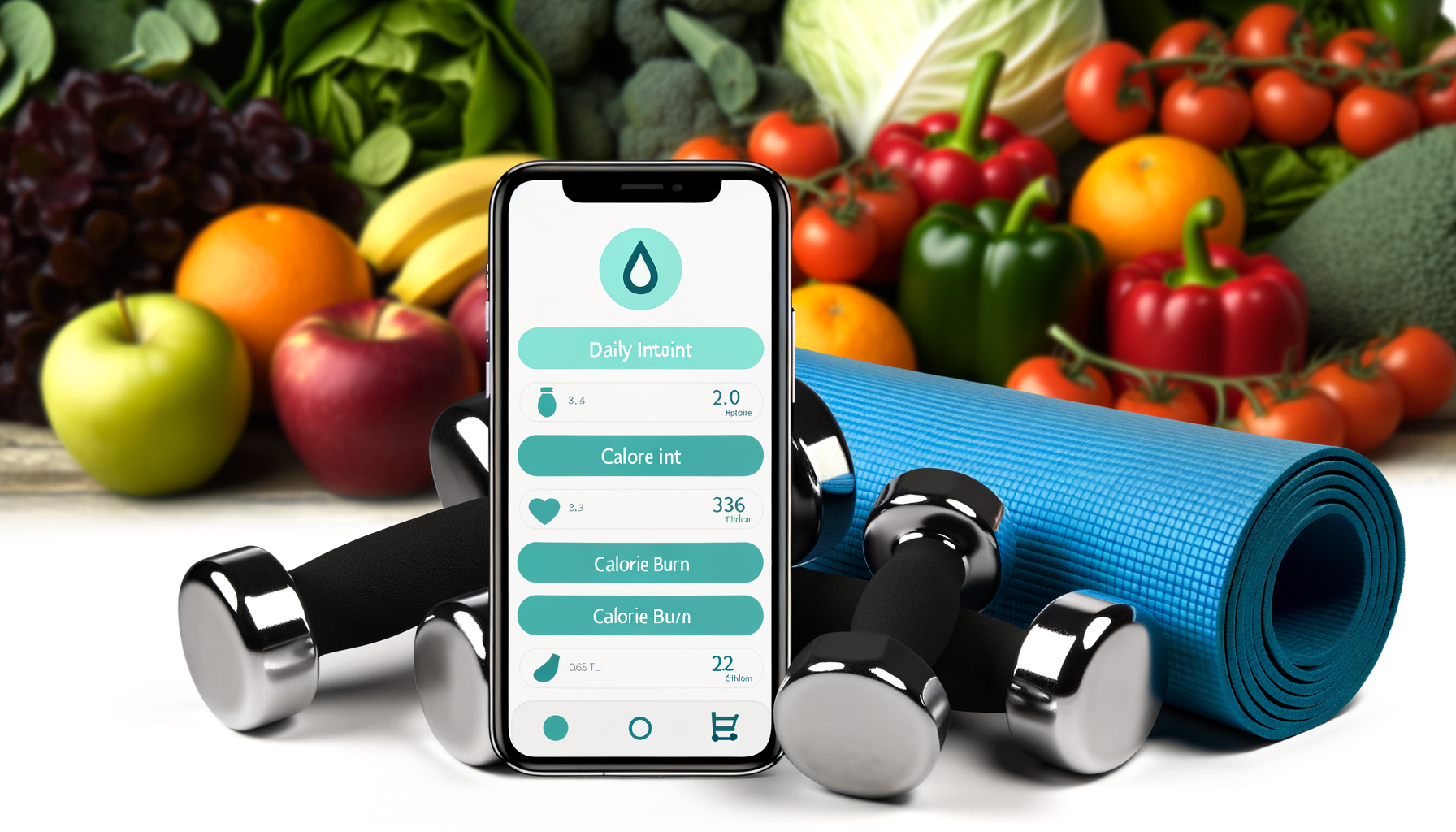Avoid These Common Calorie Calculation Mistakes
Calorie calculation is a crucial tool for anyone pursuing health and fitness goals, whether it's losing weight, gaining muscle, or simply maintaining a healthy lifestyle. However, despite its importance, many people still struggle with making accurate calorie calculations, leading to frustration and disappointment. Common mistakes in calorie counting can significantly impact the effectiveness of one's fitness journey. Let's delve into these common pitfalls and explore strategies to improve your calorie calculation accuracy.
Understanding Calorie Calculation Fundamentals
Before we dive into the common mistakes, it's essential to understand the basic principles of calorie calculation. The principle of calories in versus calories out is straightforward: burning more calories than you consume leads to weight loss, while consuming more calories than you burn results in weight gain. However, where many go wrong is in accurately determining those calorie figures.
The Role of Calorie Calculators
Calorie calculators can provide a useful starting point by estimating your daily calorie needs based on factors like age, weight, height, and activity level. However, these tools have limitations; they only offer estimates, which can be off by hundreds of calories. For instance, if a calculator suggests you need 2,000 calories per day for weight loss, but this figure is too high, you might not see the results you expect. Always use a calculator as a guide and adjust based on your progress.
COMMON PITFALLS IN CALORIE COUNTING
Inaccurate Portion Sizes
One of the most significant calorie counting mistakes is guessing portion sizes instead of measuring them accurately. A small error in portioning might seem insignificant, but it can quickly add up. For example, mistakenly consuming an extra 100 calories of rice or chicken each day might result in an unaccounted 500 calories per week, which can derail weight loss efforts. Using a food scale can help ensure accuracy.
Studies have shown that even experienced dieters struggle with correctly estimating portion sizes. Guessing portion sizes can lead to consuming significantly more calories than intended, especially with high-calorie foods like peanut butter.
Omitting Liquid Calories
Liquid calories, including those from beverages like soda, juice, and even some health drinks, often go uncounted. These can contribute significantly to your total calorie intake. For instance, a single glass of orange juice can add around 130 calories, which might not seem much but can easily add up throughout the day. Additionally, cooking oils and dressings used in meals also contain calories and should be accounted for.
Liquid calories are particularly easy to overlook because they don't contribute to satiety in the same way solid foods do, making them a common cause of overconsumption.
Ignoring Snacks and Bites
Snacking is a common habit, but those extra bites here and there can add up quickly. Sampling food while cooking or grabbing a bite off someone else's plate might not seem significant, but these extra calories can easily push you out of a calorie deficit. Each bite, though small, contributes to your overall calorie intake and should be tracked.
Failure to Adjust Calorie Targets
As you progress in your fitness journey, your calorie needs may change. Failure to adjust your calorie targets based on current progress can lead to stagnant results. For instance, if you've lost weight and your metabolism has slowed, you might need to consume fewer calories to continue losing weight.
MacroFactor suggests personalized approaches to calorie counting, emphasizing the need to tailor calorie intake to individual needs rather than relying on generic targets.
Overreliance on One-Size-Fits-All Targets
Using a one-size-fits-all calorie target is another common mistake. While nutrition labels often provide general guidelines, such as assuming a daily intake of 2,000 calories, these figures don't account for personal variations in metabolism, age, sex, or activity level. It's crucial to use a more personalized approach to calorie calculation.
STRATEGIES FOR ACCURATE CALORIE COUNTING
Measuring Portions
A simple yet effective strategy is to weigh your food portions using a kitchen scale. This helps ensure that you're consuming the intended amount of calories. While it may take some time to develop the habit, accurate measurement can significantly improve the accuracy of your calorie counting.
For those who find using a scale impractical, measuring cups and spoons can be alternatives, though they tend to be less accurate.
Tracking Consistently
Consistency is key when it comes to calorie tracking. Skipping days or meals can lead to underreporting your intake. Using apps like MyFitnessPal can make tracking easier and more consistent. Always log every meal and snack to get an accurate picture of your calorie intake.
Accounting for All Calories
Make sure to account for all types of calories, including liquids, cooking oils, and snacks. Ignoring these can lead to significant discrepancies in your calorie counts.
Adjusting Based on Progress
Regularly assess your progress and adjust your calorie intake accordingly. If you're not seeing the results you expect, it might be necessary to tweak your calorie targets. Trial and error, combined with patience, are essential in finding the right balance.
Implementing a Scientific Approach to Calorie Calculation
A scientific approach to calorie calculation involves understanding the science behind calorie needs and how they vary from person to person. Basal metabolic rate (BMR) calculations, such as those using the Harris-Benedict equation, can provide a starting point, but remember that individual variations are significant.
A study on basal metabolic rate errors shows that estimating BMR can lead to substantial calorie discrepancies, underscoring the importance of personalized calorie targets.
Using Technology to Your Advantage
Tools like the WP Calorie Calculator can help streamline the process by providing personalized calorie estimates based on user input. These tools offer a more tailored approach to calorie counting, helping to avoid the pitfalls of generic one-size-fits-all targets. For businesses or fitness enthusiasts looking to integrate calorie calculation tools into their website or service, exploring WP Calorie Calculator Plans can be beneficial.
Conclusion
In conclusion, avoiding common mistakes in calorie counting is crucial for achieving weight loss and fitness goals. By accurately measuring portions, consistently tracking intake, and adjusting calorie targets as needed, individuals can overcome the pitfalls that often hinder progress. Remember, a successful fitness journey requires patience and a willingness to adapt based on real-world results. Whether you're just starting out or seeking to refine your approach, using the right tools and maintaining a scientific mindset will help you avoid common calorie calculation mistakes and achieve your goals more effectively.
For those looking to enhance their fitness tools or simply want to improve their calorie counting accuracy, integrating tools like the WP Calorie Calculator into your routine can provide valuable insights and support. Explore the possibilities of accurate calorie counting today to take your fitness journey to the next level.











